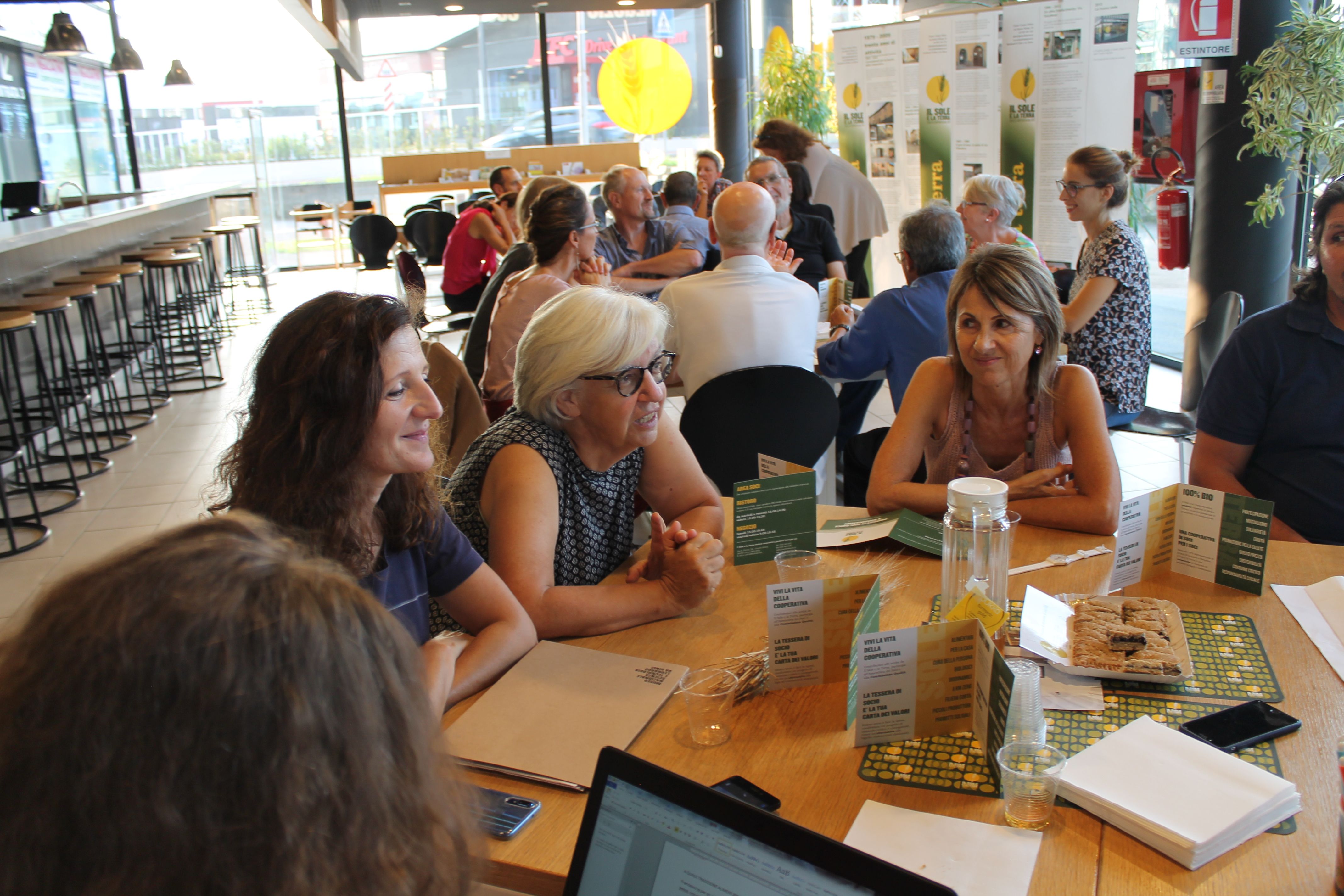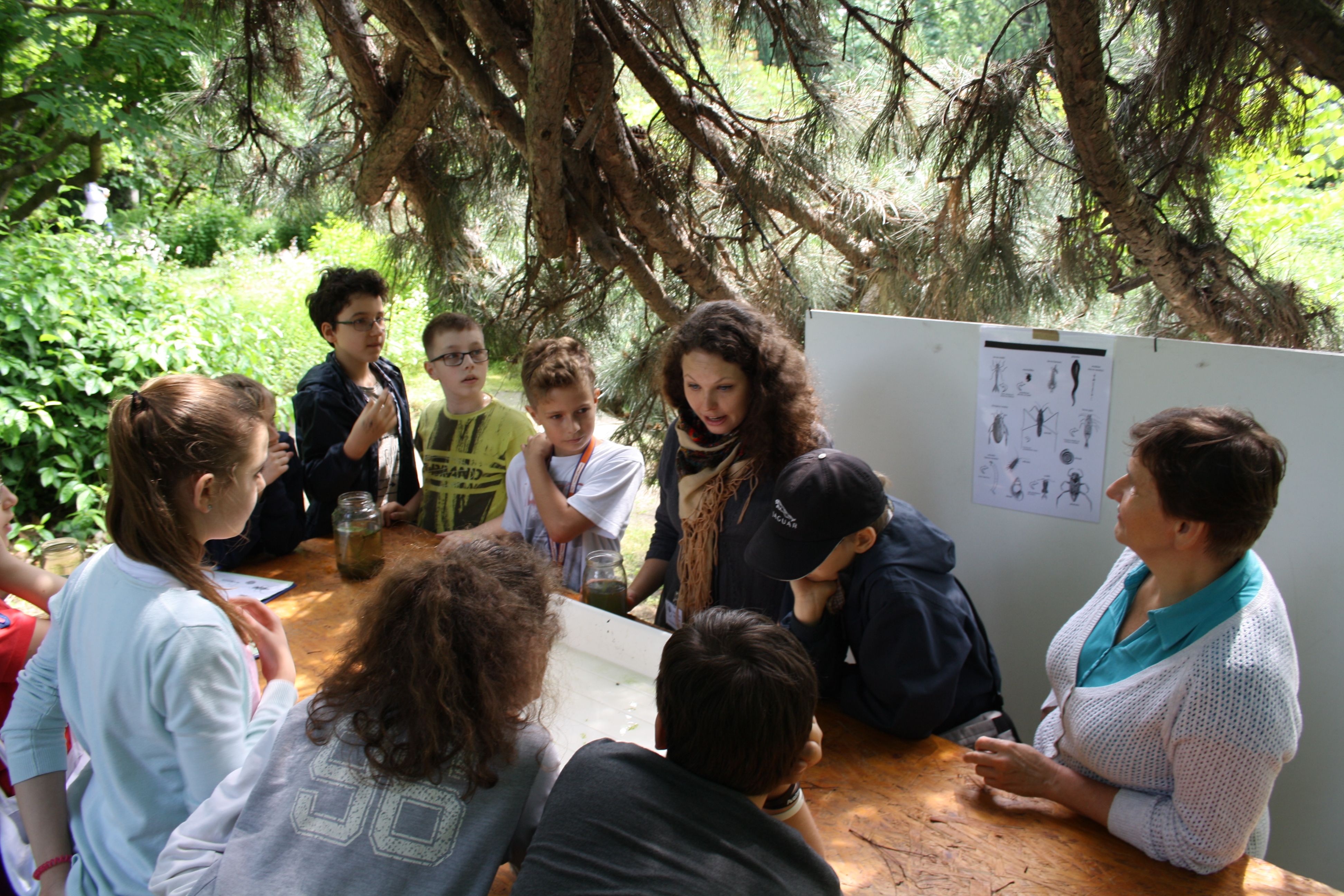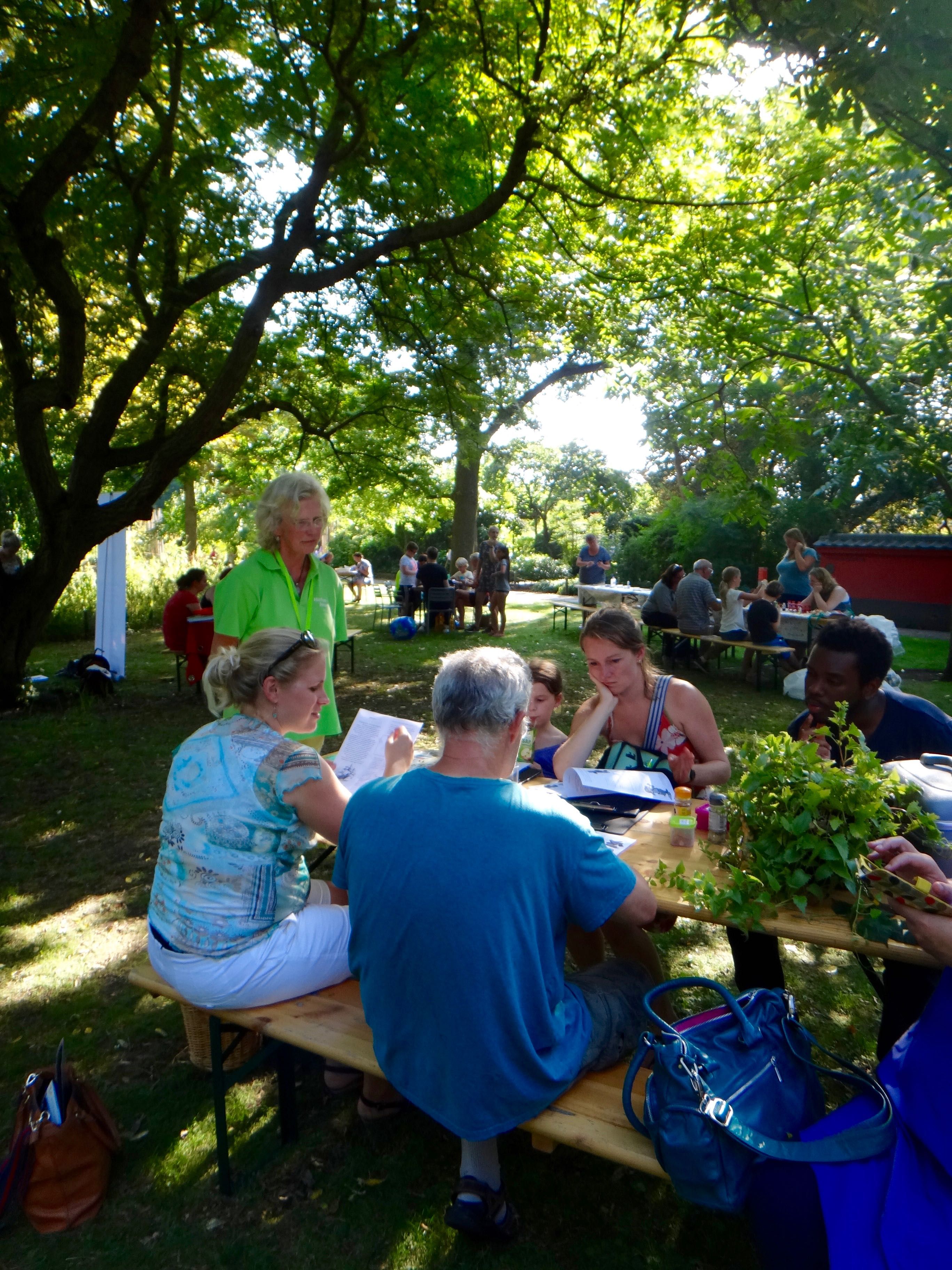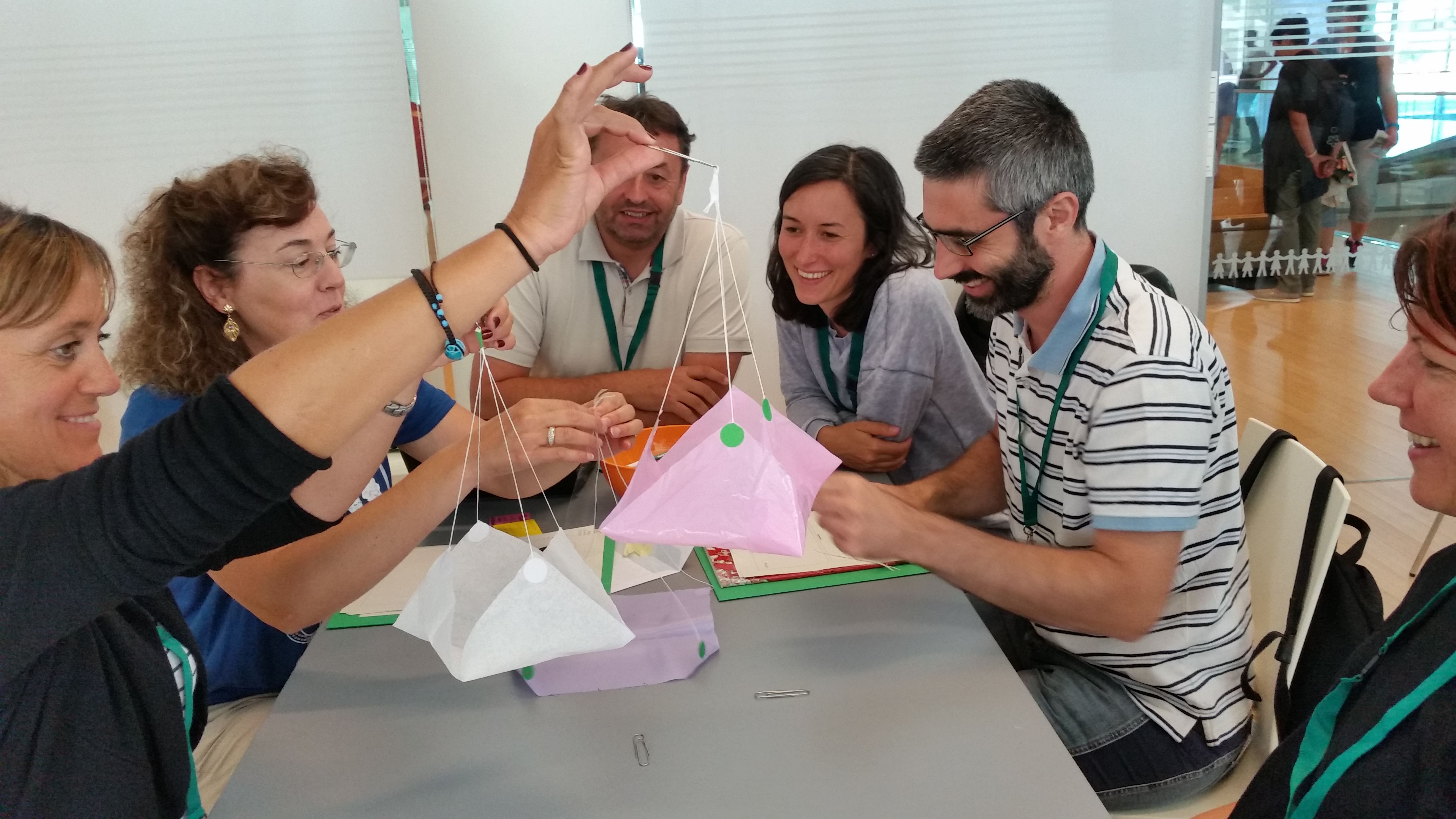Participatory Approaches
- Interpretation
- Working with Diverse Audiences
- Science Communication
- Evaluation and Research
- The Social Role of Botanic Gardens
- Participatory Approaches
- Inquiry-Based Science Education
Until recently, development of interpretative materials, learning engagement activities and events in cultural and science centres has been a passive process, where staff within the institution have designed, developed, and delivered the outputs. Participatory approaches increase the depth of engagement of our audience and it becomes less about ‘us and them’ and more about ‘we’. In her book ‘The participatory Museum’ Nina Simon explains that ‘…the institution serves as a “platform” that connects different users who act as content creators, distributors, consumers, critics, and collaborators’. Participatory approaches are important in helping to widen the audience demographic, break down barriers between the audience and the organisation and can help change attitudes of senior management. They also bring new perspectives, content, skills and local knowledge to the design and development process whilst empowering the audience, giving them a voice and a sense of ownership and better meeting their needs. There are increasing levels of participatory approaches from the more tokenistic consultation, to active and equal integration in design, development and implementation of outputs (co-creation) to the ultimate ‘hand over’ where the audience has full control.

Bergamo Botanical Garden photo Archive
BigPicnic science cafe - credit Bergamo Botanical Garden photo Archive

Workshops on aquatic invertebrates4
Workshops on aquatic invertebrates - credit UNIWARSAW

UL-co-creation-teachers
Leiden co-creation with teachers - credit UL

INQUIRE_course
Training in Inquiry-Based Science Education - credit INQUIRE
BGCI has been developing a leading role in the promotion of participatory approaches in botanic gardens commencing with their work on supporting the development of a social role for botanic gardens. They have provided training and resources on definitions and methodology, most recently during the development of an Erasmus+ funded suite of blended learning modules for botanic garden staff (LearnToEngage). Participatory approaches also play a key role in the BGCI co-ordinated BigPicnic project, where co-creation and other participatory approaches are used to give the public across Europe a voice on food security.
Share





